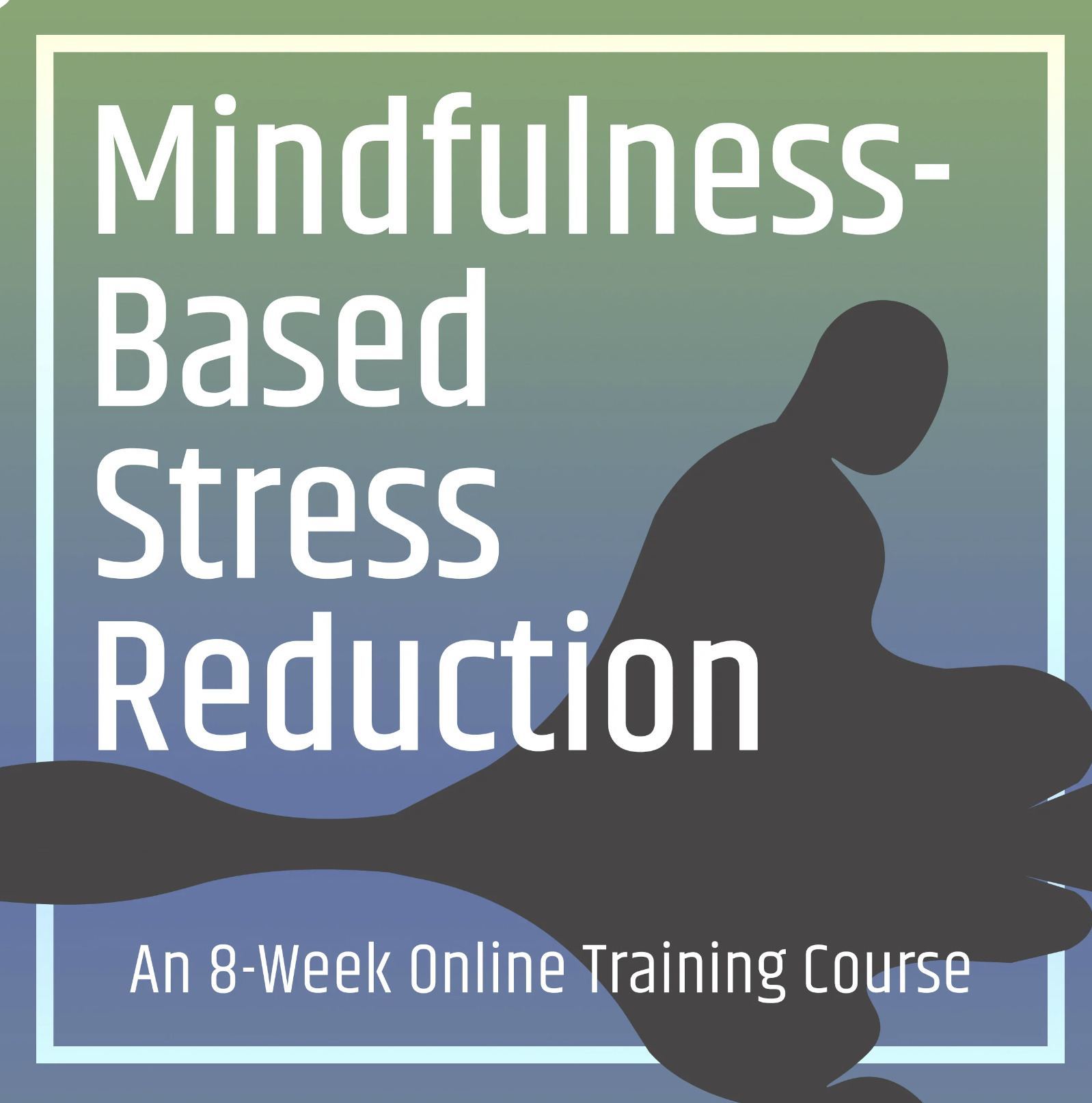NEUROSCIENCE NEWS – Stroke is one of the leading causes of death and disability in the U.S.
And while we often hear about risk factors like high blood pressure , elevated cholesterol levels, and smoking, there’s another that often flies under the radar: stress.
“It’s hard to draw a straight line between a stressful event and a stroke,” says Dr. Curtis Benesch, Medical Director of UR Medicine’s Comprehensive Stroke Center since its start in 1996.
“But when you look at large populations, there is a clear, statistically significant association between chronic stress and stroke risk.”
Can Long-Term Stress Raise Your Risk of Stroke?
Yes, chronic stress can increase your risk of stroke, but not in a direct way. Dr. Benesch explains that long-term stress contributes to common stroke risk factors like high blood pressure, poor sleep, unhealthy habits, and systemic inflammation.
What Happens To Your Body When You’re Stressed?
When you’re under stress, your body releases stress hormones like epinephrine (better known as adrenaline) and cortisol. These hormones are helpful in short bursts—they help us react to danger—but when they’re constantly elevated, they can:
- Raise your blood pressure
- Elevate blood sugar levels
- Promote inflammation
- Encourage blood clot formation
All of these factors contribute to vascular damage and, ultimately, higher stroke risk.
How Does Stress Affect Your Risk for Stroke?
Stress can sneak into every part of your life, making it more likely you will trade healthy habits for those that raise your risk of stroke, like:
- Poor diet
- Lack of exercise
- Smoking or drinking more
- Poor sleep
- Skipping medications
- Avoiding doctor visits
These habits create a ripple effect, worsening major stroke risk factors …



